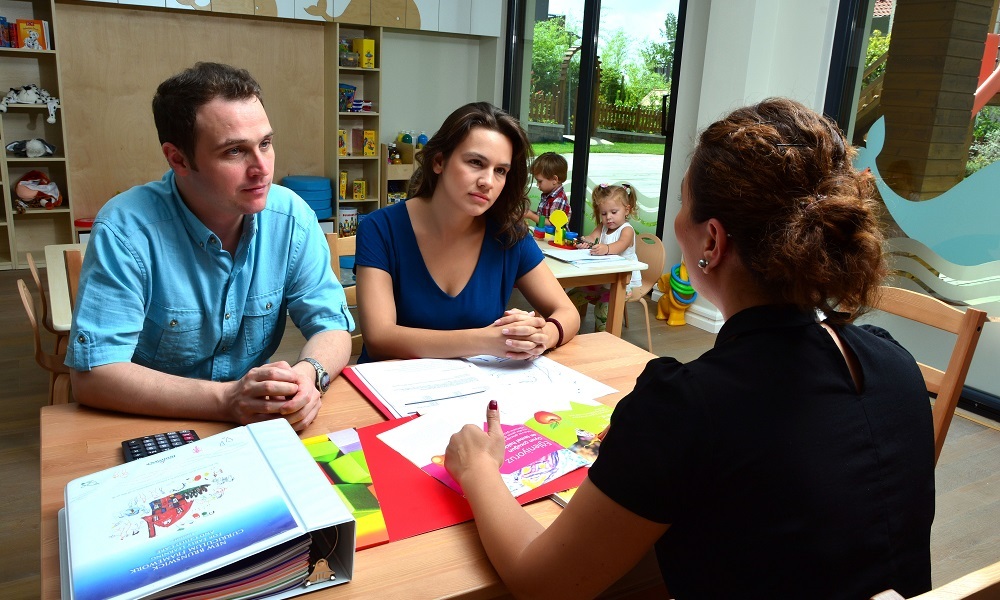Welcome to this month's edition of Researching education: 5 further readings. In this series, we take a look at some further readings available on a particular topic, including open access research papers from various online databases, and Teacher archive content you might not have come across yet.
Fostering strong relationships with parents and carers in your school community can lead to improved outcomes for students. In this edition of Researching education: 5 further readings, we share 5 readings on the topic of family-school relationships from researchers in Australia.
- Partnership with families in early childhood education: Exploratory study. In this study, educators and parents of children in early childhood education were surveyed to understand 3 aspects of the relationships between families and early childhood education providers. Participants also participated in focus groups. The 3 aspects were: parents’ experiences of collaborative practice, educators’ confidence in working with families and educators’ perceptions of training needs. The authors say the ‘findings indicate a need for practice support and training to improve educators’ skills and confidence in partnering with families.’
- Agency and leadership by Indigenous education workers for family-school-community engagement. In this 2022 study, the role of Indigenous education workers (IEWs) is explored. Specifically, the study looks at some of the issues that relate to developing the role of the IEWs as successful and genuine, especially in remote communities in Australia. ‘This work lays the foundation for further research involving IEWs’ leadership in producing culturally relevant criteria for measuring change in children’s literacy outcomes and change in family-community engagement in children’s reading,’ the abstract reads.
- Muted voices: The views of families on special schools. This research project, conducted by the Australian Special Education Principals’ Association (ASEPA) and Australian Catholic University (ACU), aimed to create a body of research which shares the perspectives of families of students with disabilities engaged in education at special schools in Australia. Almost 400 participants were surveyed about their opportunities to engage with teachers regarding the education of their child across K-12 settings. Results show that 91% of respondents said they’re satisfied with the type of educational support their children receive at school.
- Engaging parents and communities in children’s learning and wellbeing: EPIC 2021 Report. This paper presents the results from the 2021 Engaging Parents in Inquiry Curriculum (EPIC) project. ‘EPIC projects seek to work alongside schools and teachers to research current strategies and practices for engaging parents. Using inquiry curriculum approaches, cogenerative dialogues, and the affordances of online platforms and channels, these projects investigate how shifts philosophically, pedagogically and practically enable schools and teachers to better engage parents and students,’ the report reads. The research findings conclude that inquiry is a commendable pedagogical vehicle for building parent and student agency to engage directly and innovatively in aspects of the curriculum.
- Engaging families in Mathematics education. In this document, the Victorian Government presents 4 key themes relating to good practice in engaging families effectively in Mathematics education: school-home communication, fostering respectful relationships, positive attitudes to Mathematics, and demystifying Mathematics and building confidence. The resource provides recommended actions and tips for educators on each theme.
Some of the resources featured in this article can be found through Cunningham Library Catalogue and EdResearch Online. At the links below, you can search for more resources on the topic of family-school relationships in these 2 online databases.
- Family-school relationships: Cunningham Library Catalogue
- Family-school relationships: EdResearch Online
You can also browse other education topics at this page.
The Cunningham Library membership is open to individuals, schools and organisations. Membership includes access to a comprehensive collection of education research literature; weekday alerts to a selection of Australian education news; fast supply of articles and books from the collection; support in finding research; and an integrated online search tool that works across all our resources.
To become a library member, visit the website.



